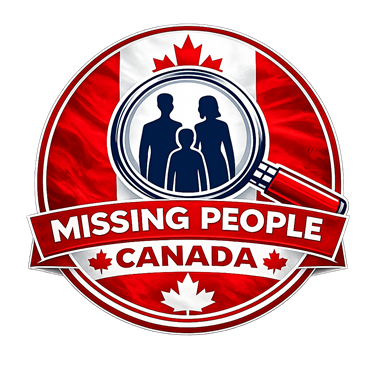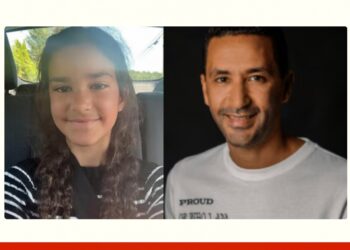The issue of missing Indigenous women in Canada is a deeply troubling and ongoing problem that has received increasing attention in recent years. According to the National Inquiry into Missing and Murdered Indigenous Women and Girls (MMIWG), over 1,200 Indigenous women and girls have been reported missing or murdered in Canada since 1980. However, many experts believe that the actual number is much higher, due to underreporting and a lack of reliable data.
The reasons why Indigenous women and girls are more likely to go missing are complex and multifaceted. Factors such as poverty, racism, and intergenerational trauma all contribute to an environment in which Indigenous women and girls are vulnerable to violence and exploitation. Many Indigenous women and girls who go missing are also involved in high-risk activities such as sex work, which puts them at increased risk of violence.
One of the biggest challenges in addressing this issue is the lack of coordinated action and resources across the country. Law enforcement agencies and governments have been criticized for their slow response and lack of accountability in addressing the issue. Furthermore, many Indigenous families and communities have expressed frustration with the lack of support and resources available to them when a loved one goes missing.
In response to these challenges, there have been numerous initiatives and advocacy efforts aimed at addressing the issue of missing Indigenous women. The National Inquiry into MMIWG made over 200 recommendations, including calls for action on issues such as housing, education, and child welfare. There have also been efforts to increase funding for Indigenous-led organizations that support families and communities affected by violence and to improve the collection and sharing of data on missing Indigenous women.
It’s important for all Canadians to recognize the severity of the issue of missing Indigenous women and to take action to address it. This includes advocating for policy changes that support Indigenous communities and address the root causes of violence, supporting Indigenous-led organizations that provide resources and services to families and communities, and educating ourselves about the history and ongoing impacts of colonialism and systemic racism.
Ultimately, addressing the issue of missing Indigenous women requires a sustained and coordinated effort from all Canadians. We must work together to address the systemic inequalities that put Indigenous women and girls at risk and to ensure that they are protected, supported, and valued in our society.





